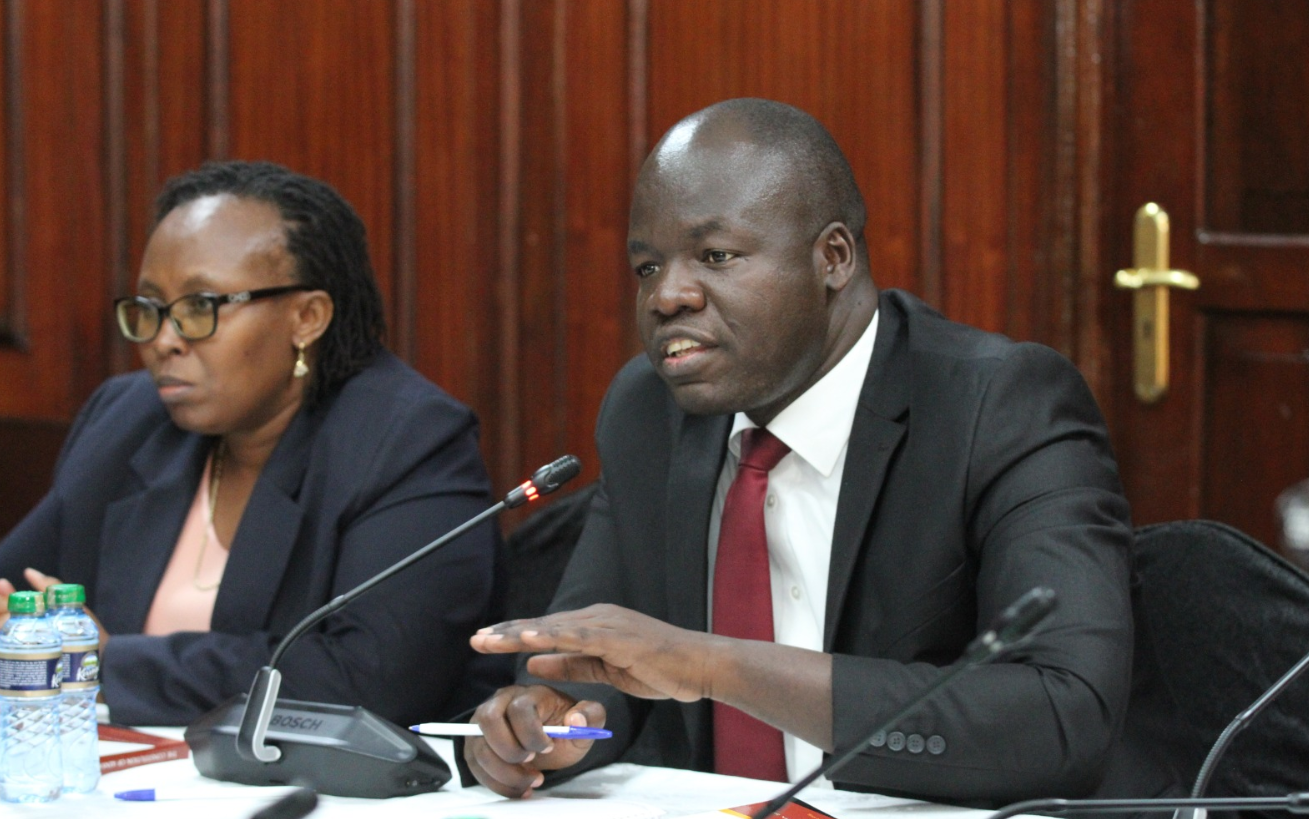Rose Njeri, a Kenyan software developer, is behind bars after creating a website that let Kenyans oppose the controversial Finance Bill 2025 with a single click. Her arrest has ignited public fury. Njeri’s tweet announcing the tool went viral on May 19.
Less than two weeks later, she was taken by force from a Nairobi training event. She now sits in police custody, cut off from family, friends, and lawyers. Civil rights groups say this is a chilling warning to digital activists nationwide.

Rose Njeri Arrested Over Website That Let Kenyans Reject Finance Bill 2025
On May 19, Rose Njeri tweeted a link to a simple website. Its purpose? Allow Kenyans to instantly submit their rejection of the Finance Bill 2025. Her exact words were:
“I wrote a simple program that lets you reject the Finance Bill 2025 with just one click. Click below to send your objection.”
The website quickly gained traction. Social media users praised its simplicity and usefulness in amplifying public dissent. But Njeri’s bold move drew the attention of powerful forces.
On Friday, May 30, she was reportedly arrested by Directorate of Criminal Investigations (DCI) officers at around 2 PM while attending a tech training session along Enterprise Road, Nairobi.
According to Ian Mutiso, an Advocate of the High Court, officers arrived in unmarked Subarus. They seized her abruptly and transported her to an undisclosed location. Mutiso said they then led her to her home and confiscated electronic gadgets—without showing a search warrant.
Even more concerning, Njeri was barred from contacting her family or a lawyer. Mutiso said she was only able to communicate by chance with a nearby pharmacist who later contacted her mother.
Later, she was interrogated over the website and links used for submitting memoranda opposing the bill. She was forced to write a statement. She was denied legal counsel throughout.
Law Society of Kenya Denied Bail Attempts
On Saturday, May 31, Law Society of Kenya (LSK) president Faith Odhiambo confirmed that their legal team had finally accessed Pangani Police Station and seen Njeri.
Faith described the process as unnecessarily difficult and prolonged.
“All our efforts to have her released on bail have failed so far,” she said. “We urge Kenyans to remain calm but alert as we continue to push for her release.”
The LSK promised to issue timely updates. But the silence from state authorities has only fueled suspicion that Njeri is being punished for enabling civic participation.
This isn’t the first time a citizen has been targeted for political expression online. However, Njeri’s case strikes a particularly raw nerve—it involves a young woman, in tech, who simply gave citizens a digital voice.

Mounting Public Pressure for Njeri’s Release
The reaction from ordinary Kenyans has been swift and loud. Twitter and TikTok users are rallying under hashtags like #FreeRoseNjeri and #RejectFinanceBill2025.
Many view the arrest as a crackdown on dissent. Some compare it to tactics used in authoritarian regimes, where developers and activists are arrested for writing code that challenges the status quo.
The Finance Bill 2025 itself is under heavy criticism. It proposes tax hikes and new levies on essential goods and services. The public outcry has been widespread, but Njeri’s arrest has now taken center stage.
Kenyans across the country are calling on civil society, legal groups, and international watchdogs to intervene. A few opposition politicians have also weighed in, urging Interior Ministry officials to come clean about the circumstances of the arrest.
Rose Njeri is not a criminal. She’s a 27-year-old coder who believed in her country’s right to protest through lawful means. She built a website. For that, she was dragged from a tech workshop, denied a phone call, and locked up.






































